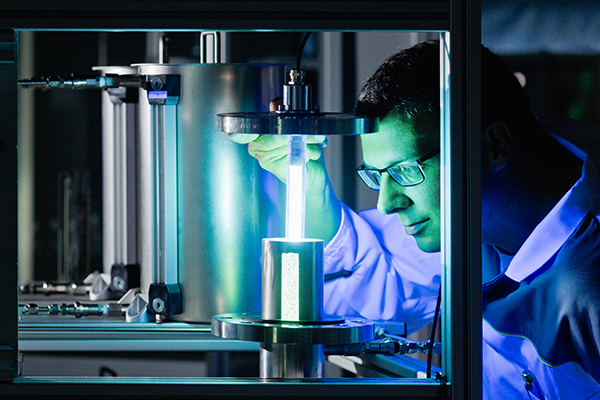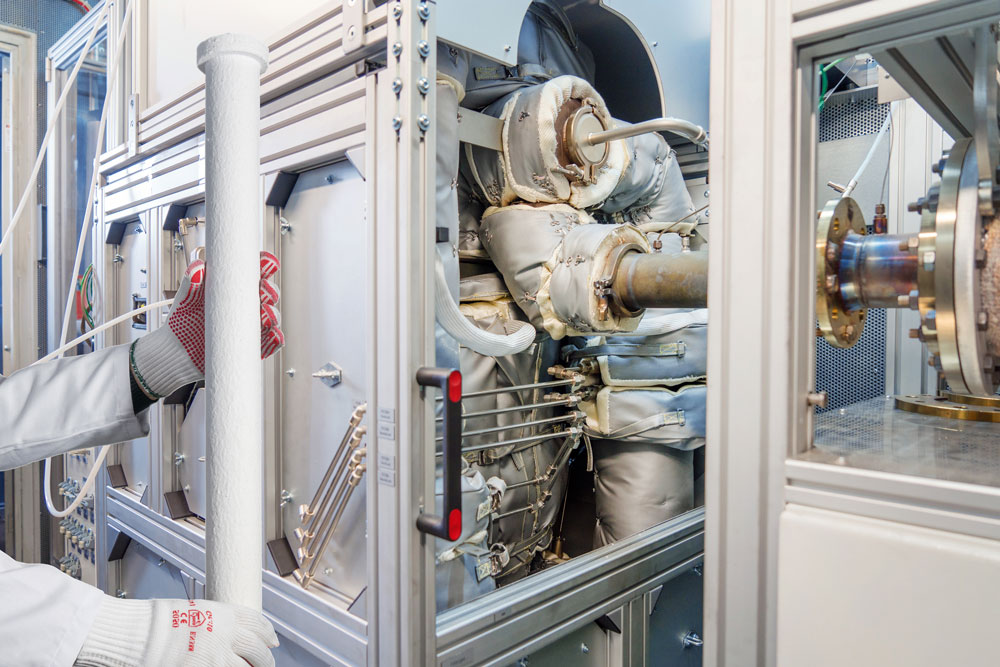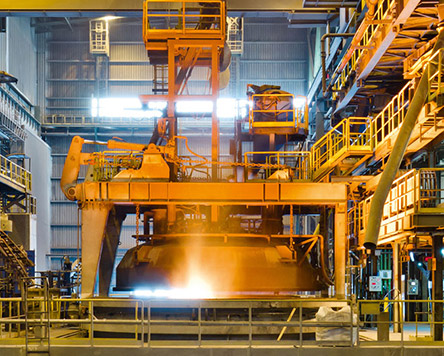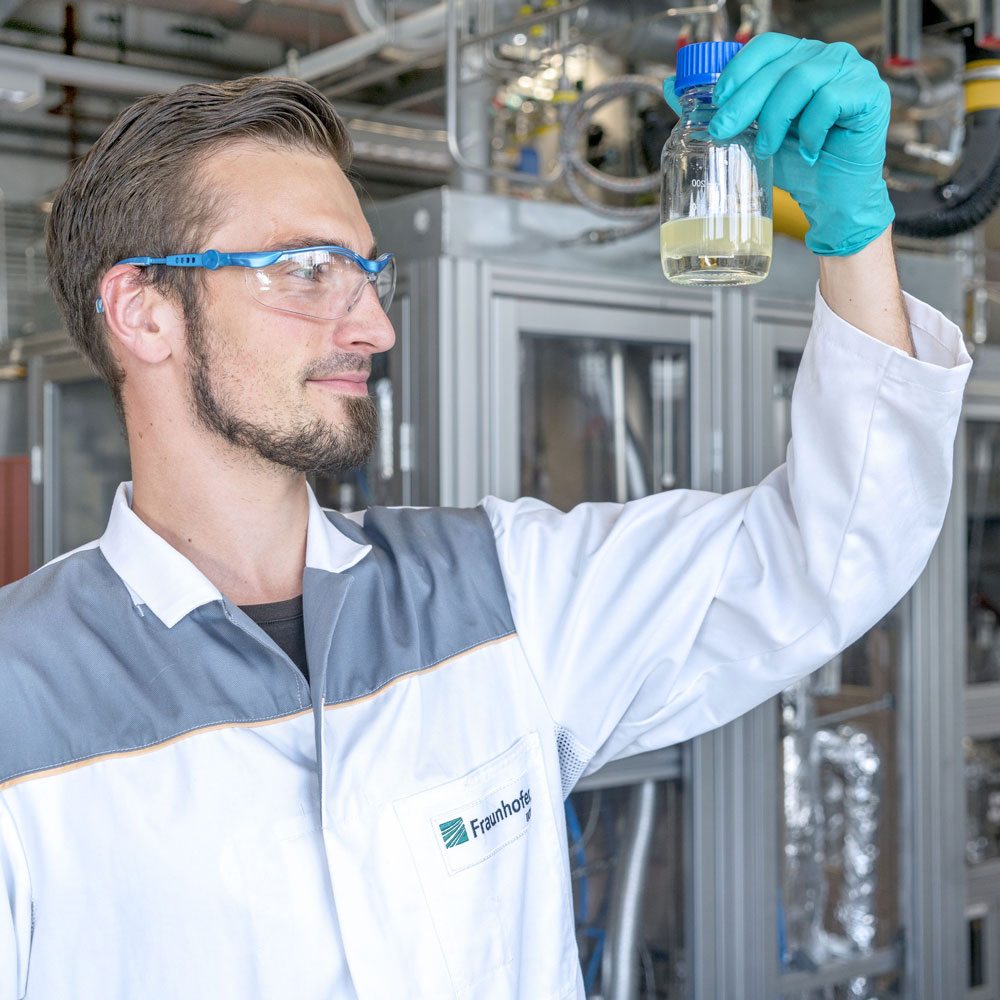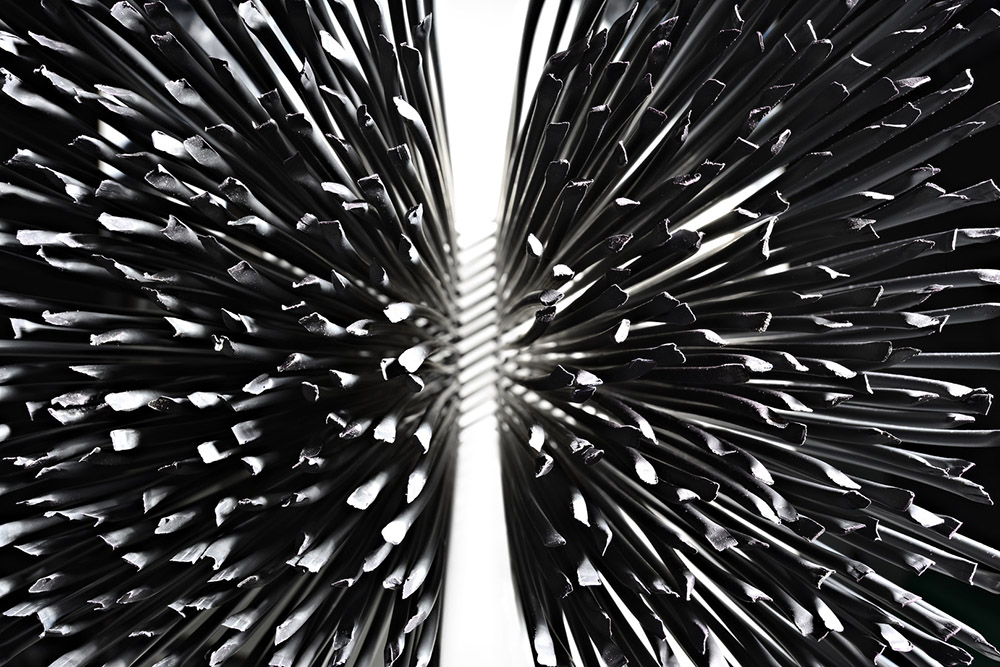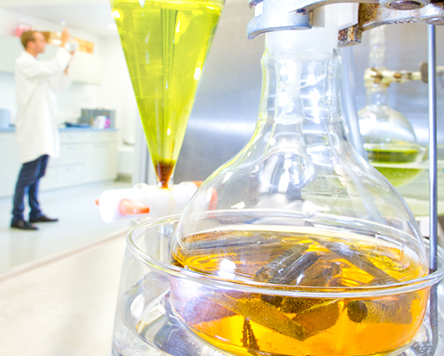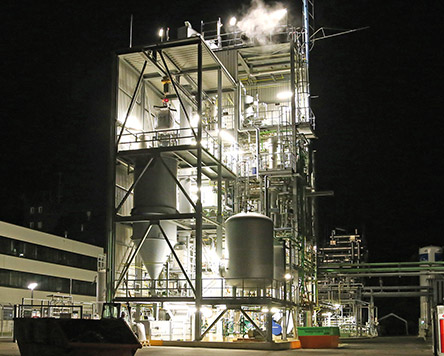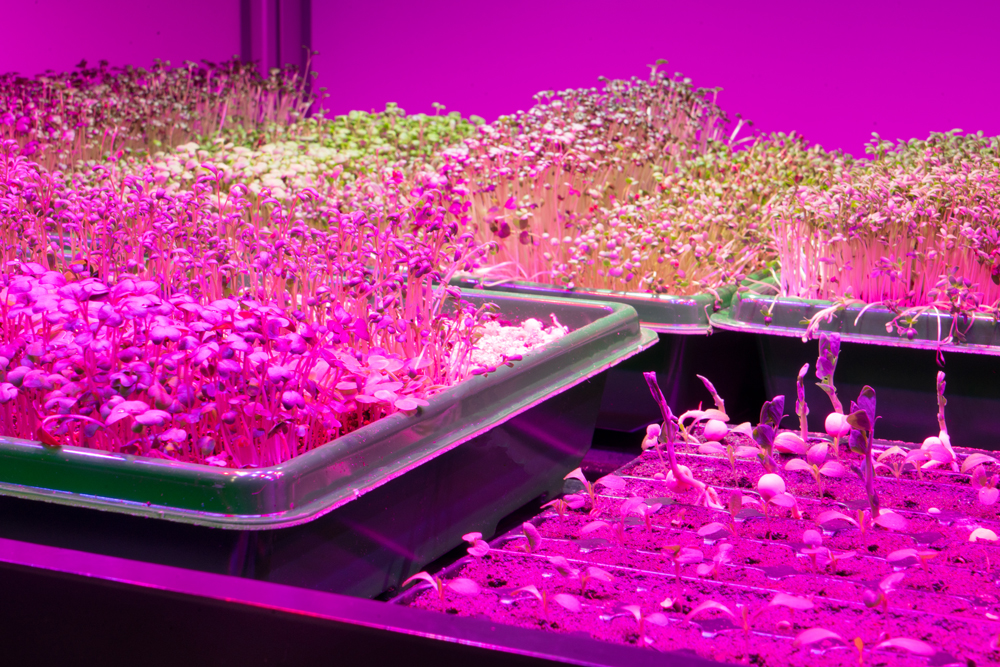Areas of application
Wastewater and water treatment
Keeping water clean, in particular by purifying waste water, is a central tenet of environmental protection. In this area, Fraunhofer IKTS focuses on methods free from chemical and biological agents, as well as on integrated reactor systems for the treatment of waste and process waters. With ceramic membranes or electrochemical and photocatalytic oxidation processes, potable water, municipal and industrial process water, mining water and geothermal deep water can be processed.
